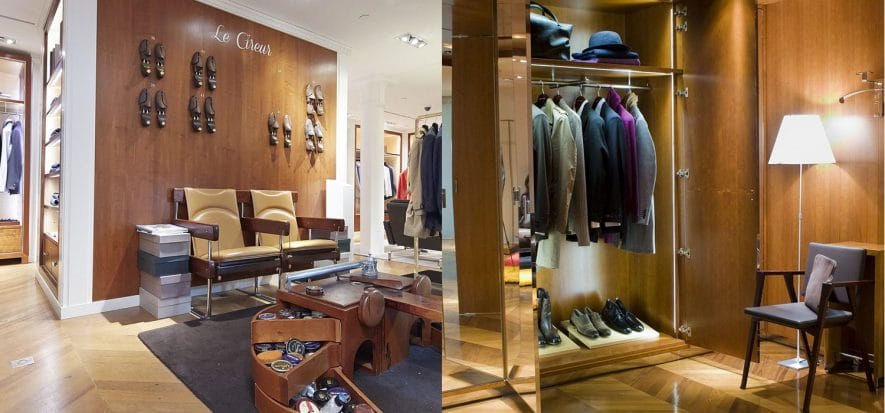What do Gucci, Burberry and Le Bon Marché, LVMH Group’s retail chain, have in common? That they invest in customisation services. Speaking with the Financial Times, Christian Louboutin commented on how bespoke has always been important for him: “It’s a way to preserve an intimate connection with the client and get a feedback from them about my work”. If three clues make a proof, the FT itself has enough elements to be able to assert that like never before has tailoring been a plus weapon for luxury: “Customers request it because it allows them to stand out in the crowd of social communication and from the consumption of mass luxury”.
Why yes
Talking about bespoke, the juice is worth the squeeze. “It is a service that enjoys higher margins and, despite the reduced base, offers the greatest growth prospects”, comments Thomas Chauvet, Citi analyst. Moreover, when luxury maisons have been engaged for decades in penetrating the aspirational segments of the market, “the return of some kind of product customisation is a clever way for brands to offer additional services for the most demanding customers – continues Chauvet -, while sales grow in general volumes, especially in the entry-level categories”. In short, the brands can thus be mass and elitist at the same time.
Why not
The cover of the high-end market, however, remains short: attention cannot be focused on one part of the business without the entire balance of activities being unbalanced. AlixPartner‘s Olivier Salomon from the pages of the FT reminds the brands that they must always take into consideration “the overall service of production and delivery of goods”, so as to “be sure” that bespoke “does not cannibalise the existing market”. An additional risk is that, by offering customisation opportunities, custom service is also saturated. It is this, with particular reference to the resource offered by big data, regarding which speaks Ganesh Srivats, ceo of Moda Operandi, when he explains that digital profiling for bespoke “is a double-edged sword, because carried to its extreme consequences means that the customer sees around replicas or things very similar to what has already been bought or viewed”.
Photo Le Bon Marché











